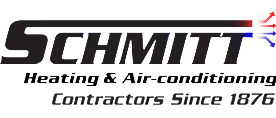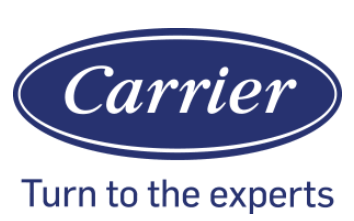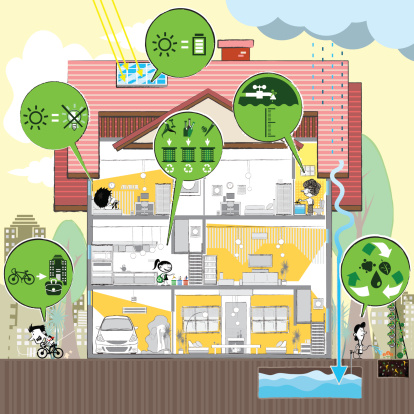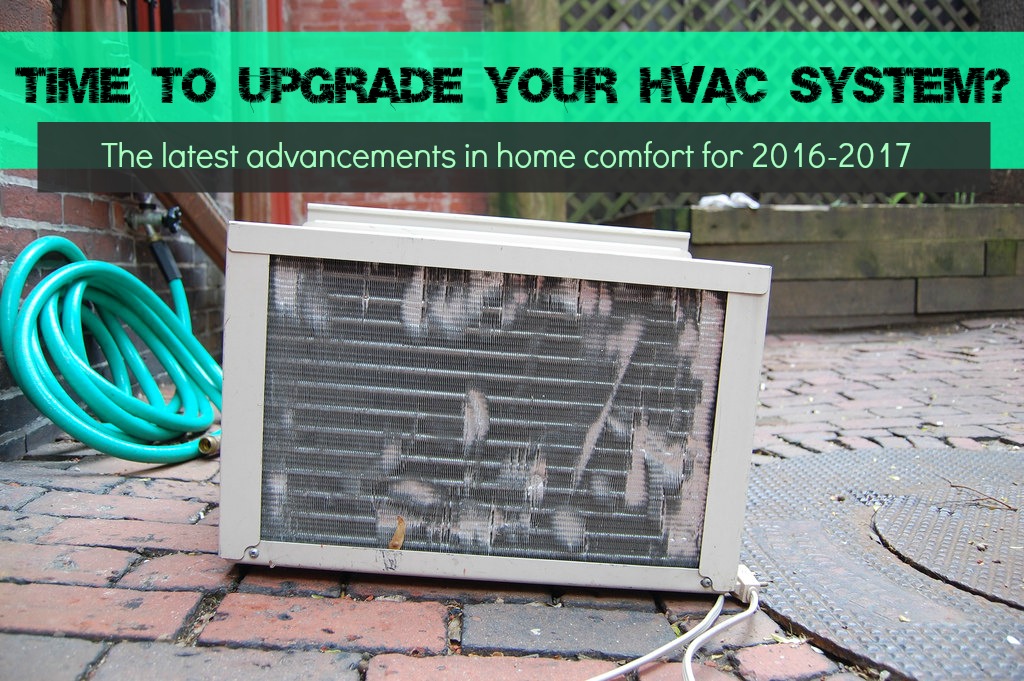Energy Saving Technologies For Your Business
Heating, ventilation and air conditioning system (HVAC) is the single biggest energy consumer in residential buildings, accounting for over 40 percent of the residential energy consumption globally. Accordingly, installing an efficient HVAC system is the best way to cut on your energy bills and improve the comfort of your home at the same time. Without much ado, here is an overview of the top energy saving technologies that you can adapt for your business or home:
- Duct Sealing: Duct sealing eliminates leakage in your duct systems—which is a major source of energy waste. Although aerosol systems are believed to seal existing duct leaks, they are never guarantee against future leaks.
- Desiccant Dehumidification: Liquid desiccant solution absorbs moisture and evaporates it using heat. Desiccant dehumidification systems therefore save energy by removing humidity, pre-cooling makeup air, and lowering air conditioning load.
- Adjustable Speed Drives: Save energy by regulating motor speed to accommodate different HVAC loads.
- Energy Recovery Ventilation (ERV): Traps energy from the exhausted air and use it in preconditioning the incoming makeup air. This saves energy by reducing HVAC needs while maintaining the level and comfort of indoor air.
- Electronically Commutated Motors: Have variable-speed components that vary HVAC lower speed to match your premise’s demand.
- Displacement Ventilation: Uses low velocity cold and fresh air at the door level to displace the exhausted air near your ceiling, thereby improving indoor air quality. Their energy saving potential varies with premise design and climate.
- Dedicated Outdoor Airs Systems: Conditions outdoor air makeup air separately from the returning indoor air, thereby improving humidity. What’s more, it removes air from the outside air, reducing cooling system load.
- Demand Control Ventilation: This combines economizers with carbon dioxide sensors to regulate air levels while avoiding over ventilation (another form of energy waste).
- Variable Flow Volume Systems: These use multiple compressors and provide zone temperature control and part-load performance, saving energy while ensuring that your premises remain comfortable.
While the highlighted technologies will help you save a lot on your energy, they are not applicable in every situation. Accordingly, it is pertinent to consult your trusted commercial HVAC expert before installing any in your premise.
Follow us for more articles on HVAC systems and Energy saving technologies.











Leave a Reply
Want to join the discussion?Feel free to contribute!